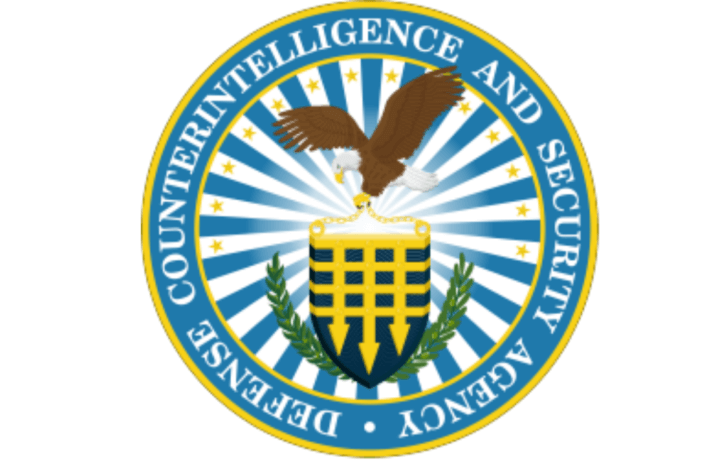National security relies on skilled and trustworthy background investigators to research information, ask questions, and communicate clearly. Background investigators verify that the information in every SF-86 is true and that the cleared workforce can be trusted with classified information. It’s an important piece in national security, but how do you get a job in the field?
What Does it Take to Get a Job as a Background Investigator?
Working as a background investigator may seem like a niche role. But there are a lot of paths to get you into the job. Working in law enforcement or serving in the military offer skills that easily translate to a background investigator career. Typical college degrees include criminal justice or political science.
But if you want a job digging into other people’s dirty laundry, you had better make sure yours is clean. Most federal background investigator positions require a security clearance. And depending on the state you’re working in, licensing or credentialing may be required.
The Defense Counterintelligence and Security Agency (DCSA) conducts over two million background investigations per year on federal employees, contractors, and military applicants. That’s a lot of information to gather, process, and review.
Soft Skills Wanted
Day-to-day activities include interviewing the friends, family members, and colleagues of security clearance applicants. You’ll be talking to a lot of people, so communications skills are a factor in how effective you will be on the job. Investigators also interview applicants themselves and verify things like education and law enforcement records.
Background investigators need to be self-directed and able to work alone. You’ll typically spend a lot of time in the car driving between interviews and facilities, although many tasks can increasingly be done remotely.
Once you have all of the information, it’s report writing time. The position requires attention to detail and interpersonal skills. It’s a matter of national security to get the right candidates into the trusted circle, and the background investigator plays a key role in gathering all of the necessary information for the adjudication process.
If you have research, interpersonal, and organizational skills and a desire to play an important role in national security, the background investigator may be a rewarding career choice for you.




